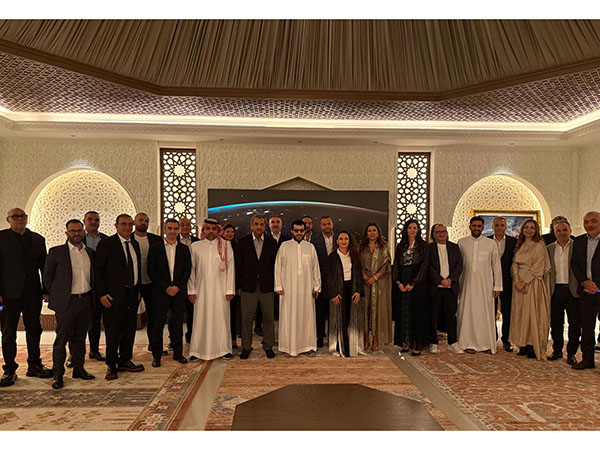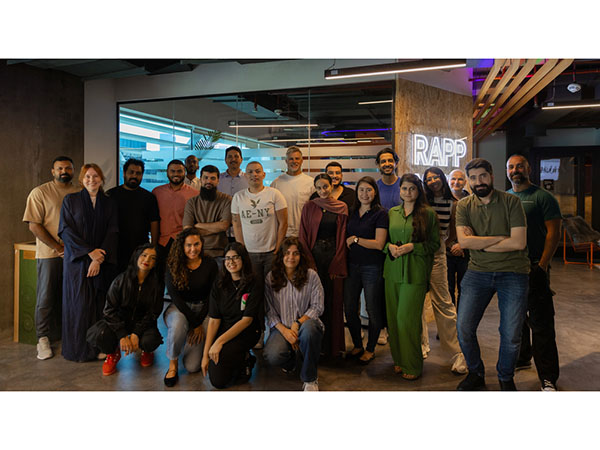News - News In Brief
71% of Lebanon Professionals Feel Confident and Excited about the Future of Work, Bayt.com and YouGov Survey
September 13, 2021

Bayt.com, the Middle East's renowned job site, and YouGov, global online market research agency, have released the results of the Future of Work in the MENA 2021 survey, conducted amongst professionals in the MENA region. According to the survey, nearly two-thirds of Lebanon respondents believe that technological factors (such as digital transformation, automation, artificial intelligence, etc.) are most likely to change the nature of work in the future.
At the same time, 71% feel either confident about the future of work and believe they will be successful or they feel excited and see a world full of possibilities.
Job Skill Requirements
Lebanon companies favor employees with both emotional and technical skills. Results show that while soft skills such as time management (93%) and communication (94%) are considered important today, over half the respondents believe that both technical and soft skills will be equally important 10 years from now. On the other hand, 32% of respondents believe that only technical skills will be more important, while 13% believe that only soft skills will be more important.
Organizations in Lebanon are focusing on strategically recruiting and retaining for a skilled workforce. According to respondents, technology/ computer skills (93%), communication (84%), creative thinking (83%), and strategic vision (82%) are the top skills that are expected to be more important in 10 years.
From a hiring perspective, previous job experience (87%) and CV presentation and cover letter (80%) are considered as the most important factors today. The degree of specialization of the candidate (80%), diversity (79%), and cultural fit (70%) also play a major role in hiring decisions.
Interestingly, previous job experience (76%) continues to be the top factor that will be needed much more than it is needed right now. This is followed by the degree of specialization of the candidate (73%) and diversity (71%).
“Our latest survey maps the jobs and skills of the future, tracking the pace of change based on experiences from professionals across the MENA region,” said Ola Haddad, Director of Human Resources at Bayt.com. “This year, we aim to shed light on the effect of pandemic-related disruptions placed in the broader context of longer-term technology trends. The future of work will bring technology and people together to drive experiences and intelligence in the hiring process.”
Future of Job Roles
Organizations of the future will increasingly use technology to create extraordinary workplace experiences and do things previously impossible. As technology is augmenting and enhancing jobs in Lebanon, nearly two-thirds of respondents believe that technological factors will play a role in the change in nature of work in the future.
Respondents believe that the demand for software engineers (89%) and network administrators (87%) is likely to increase in the future, along with demand for biomedical engineers (81%) and data analysts (81%).
Company management must take a leadership role in understanding the future of work and how to create a culture which is personalized, embraces career mobility and provides easy access to on-demand learning. Over half the respondents believe that getting transferred to another job or department on an occasion where the current job role would become less demanded should neither be easy nor difficult.
Perception of Recruiters
When it comes to attracting and retaining the right talent to succeed in the digitalized era, social networks (55%) and online job sites (52%) are currently the most used by Lebanon recruiters today. In fact, 98% believe that in the future the online recruitment will facilitate the recruiting process as compared to the traditional methods.
Recruiters have huge hopes for AI and technology in the hiring process, with 84% agreeing that response time to applicants is likely to improve using Applicant Tracking Systems (ATS), and 80% believing that the future of hiring will rely more on automation, artificial intelligence, and analytics.
Job Seeking in the Future
With an increased need for reliable information from the frontlines of change – respondents believe that online job boards and career websites (72%) and social and professional networks (63%) will be the most reliable job seeking sources in the future. 34% of the respondents believe company websites will be reliable.
Zafar Shah, Research Director, Data Services at YouGov said: “Throughout the MENA region, organizations are increasingly trying to ensure that professionals gain the skills, experiences, and support that will empower them to reach their potential in their careers. From a recruitment perspective, companies are adapting to emerging needs accelerated by the pandemic by employing new technologies, methods and skills that will vastly improve the job quality and productivity of professionals in the future.”
Data for the Future of Work in the MENA 2021 survey was collected online from July 11 to August 11, 2021. Results are based on a sample of 1,447 respondents from the following countries: UAE, KSA, Kuwait, Oman, Qatar, Bahrain, Lebanon, Jordan, Iraq, Palestine, Syria, Egypt, Morocco, Tunisia, Sudan, and others.













